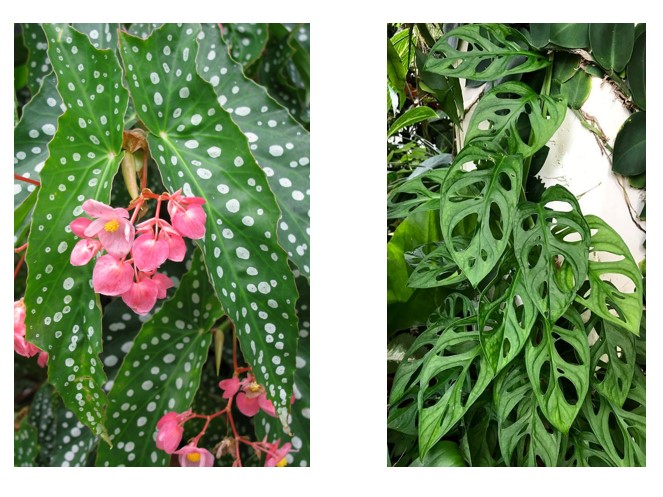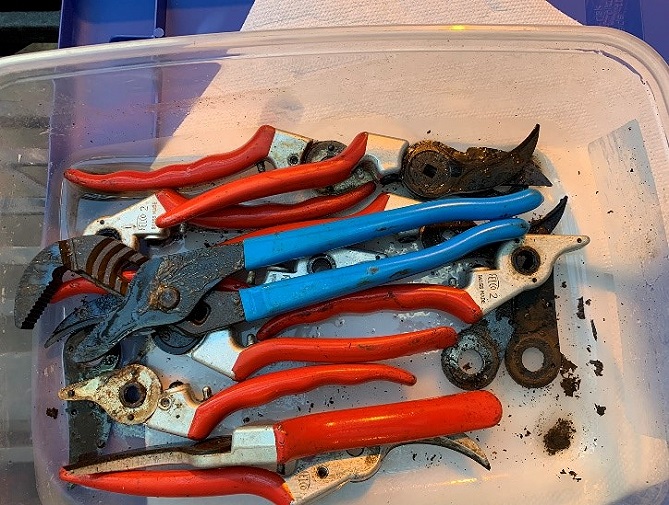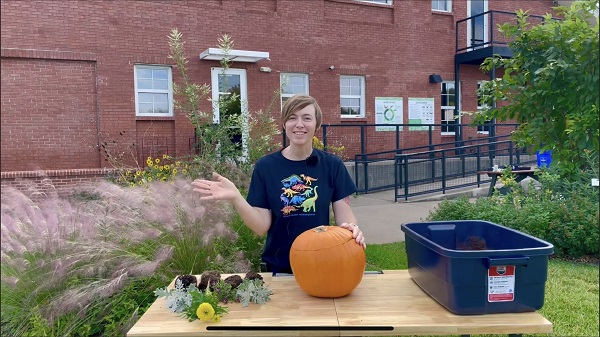I like wine. And I make my own. Not huge batches, mind you. Just about 30 bottles per month in the winter months. I learned the hard way the chemistry of wine. If you let the wine get too hot while it’s fermenting, it can radically alter the taste. I let one of my batches get above 95 degrees a few times this summer. I was making a port and the flavor was ruined. The entire batch came out tasting like welches grape juice. Flat, tasteless, 20 percent alcohol-by-volume grape juice. I only inflicted a few bottles on my friends.
Good wine is a combination of science and art. There is the botany of the grapes. The meteorology of the climate. And the pedology. What’s pedology you ask? It’s the study of soil. And since it is the International Year of Soils, we are going to get down and dirty with the effect of soil on one of my favorite drinks.
The ground beneath us is incredibly active. There are millions of different types of bacteria, fungi, and arthropods that give dirt everywhere its characteristics. If you’ve been taking the museum’s class on gardening and landscaping, you’ll understand the importance of the health of soil for plants. To briefly sum it up, good soil makes good crops. A shocking concept. But beyond that, what effects can the soil have on wine?
The effect of soil and climate on wine is called terroir. Wine tasters with a good palates say they can discern the flavor of the soil in the wine. Scientists have begun to examine a comparison of terroir to wines in an attempt to explain this phenomenon but so far have not been able to. That doesn’t mean that the flavor of the soil isn’t in the wine; it just means more scientists will have to drink more good wines. That’s a study I want to be a part of!
Good soils will encourage the vines to produce grapes instead of growing more vine. So the best soils need to provide lots of water at just the right time and then be able to drain it away. And the soil needs to keep the right nutrients such as nitrogen and potassium available to the vine, which can help intensify the flavors in the grape.
Tasting wine is about more than just “good” or “bad.” With an entire family of varietals out there in the world, it’s about what gives the wine its identity. Fans of wine, like me, like to get closer to the wine and the wine-making process through the quality of its flavor. And, oddly enough, tasting isn’t just about the taste. Wine Folly offers a five-step process to tasting wine, and explains a few things to be aware of. Here’s the basic process outlined in their blog.
- Look at the color. This goes deeper than just red and white. Ask yourself how it compares to other reds or whites in color. Gauge whether you can see through it. With practice, you can gauge whether the wine is bold, rich or viscous.
- Smell the wine, but swirl it around first to aerate it. Put the wine on the table and move the base in little circles, then shove your nose into the glass and take a big whiff. What do you smell?
- Taste the wine. Get enough of the wine to coat your entire tongue and roll it around in your mouth to maximize contact with all your taste buds. Don’t just think about flavor; think about texture and body, how it feels in your mouth. Does it have an alcoholic burn? Do the flavors match the smell?
- Decide whether to spit or swallow. You may have to drive later, or you may have 20 wines to taste and want to stay sober enough to think about all of them. If you hate the wine, spit it out. If you don’t want to waste it, swallow it. There’s no right or wrong choice.
- Think about the wine and formulate your own conclusions. Wine Folly states, “Wine tasting is a head game. Confidence and bold assertion can often make someone look like a pro.”
Join us for a Periscope wine tasting with local experts, curators, and myself on Wednesday, November 18 at 3 p.m. You’ll see some live wine tasting where we’ll talk about terroir and suggest some wine pairings for Thanksgiving. And to celebrate the International Year of Soils, join us for a film screening of the Symphony of the Soil at the Wortham Giant Screen Theatre Dec. 1 at 6 p.m.











